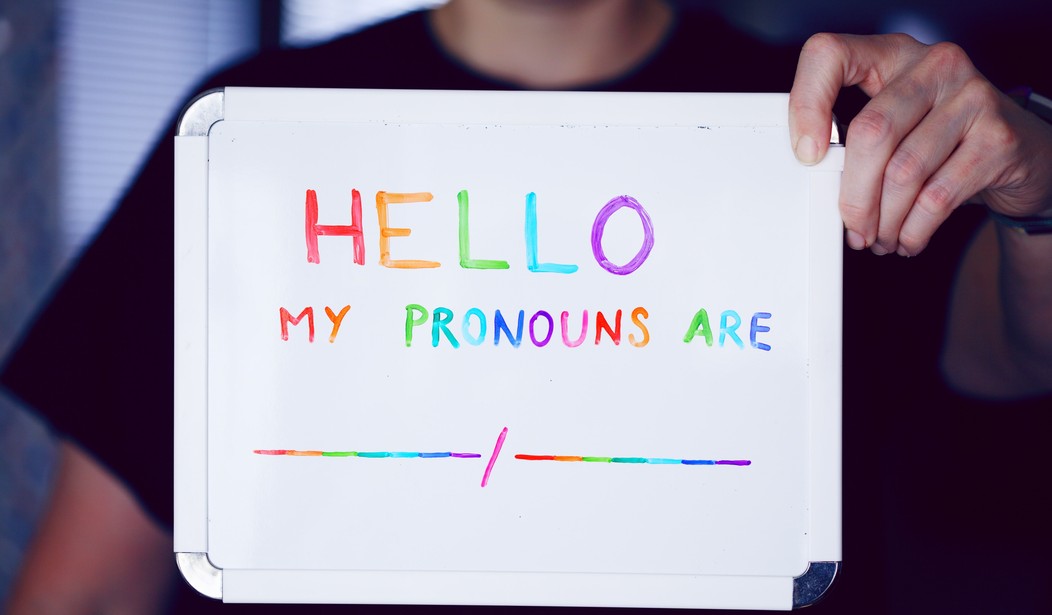Idaho lawmakers are poised to make a decisive move this week on the national debate over “gender-affirming care” by passing a bill that would prohibit the use of public funds to fund treatments. The legislation has already cleared the House. Now, it must be passed in the Senate before traveling to Gov. Brad Little's desk.
If the bill is passed, Idaho will join the ranks of several other states that have passed similar legislation.
The move is certain to arouse backlash from the hard left. But the reality is that the bill recognizes that American taxpayers should not be on the hook for these procedures, especially given the controversial nature of the debate over gender ideology.
The legislation already passed the House and only needs to clear the majority Republican Senate before it is sent to Gov. Brad Little’s desk, where it would likely be signed into law. The Republican governor has said repeatedly he does not believe public funds should be used for gender-affirming care.
If the legislation is enacted, Idaho would become at least the 10th state to ban Medicaid funding for gender-affirming care for people of all ages, according to the advocacy and information organization Movement Advancement Project. The laws are part of an ongoing national battle over the rights of LGBTQ Americans.
Opponents to the Idaho bill say it almost certainly will lead to a lawsuit in federal court. The state has already been sued multiple times over attempts to deny gender-affirming care to transgender residents and so far has not had much success defending the lawsuits.
Idaho’s government has already passed laws aimed at preventing the use of the state to promote gender ideology. They are currently being litigated after courts paused enforcement of these laws.
Last year a federal judge barred Idaho from enforcing its newly enacted ban on gender-affirming medical care for minors until a lawsuit brought by transgender youth and their families is resolved. A different federal judge denied the state’s motion to dismiss a separate lawsuit filed by adults in 2022 who said Medicaid officials wrongly denied coverage for their medically necessary gender-affirming treatment.
Boise attorney Howard Belodoff argued during a hearing that the bill would violate the 14th Amendment’s equal protection clause and insisted that “You cannot distinguish between providing care on the basis of diagnosis, type of illness or condition.”
However, Republican State Rep. Bruce Skaug characterized the measure as “a taxpayer protection bill” and asserted that Idaho could end up being on the hook for funding “gender-affirming care.”
Others indicated that the bill would prohibit “gender-affirming care” for those using private insurance.
Some who testified against the bill suggested it could have a far larger reach than intended by eliminating gender-affirming care for even privately insured residents living in rural areas with only state-funded medical centers.
The aim of this bill is a worthy endeavor in that it will not allow progressives to use the government to fund their ridiculous ideas on gender identity. It means the state will not be able to use the money it takes from citizens to support a cause with which taxpayers might disagree.
In reality, people should not have their money stolen from them to fund other people’s medical treatments – especially those that deny scientific reality. While this bill would not do away with all taxpayer funding for healthcare, it is appropriate in this instance.
Of course, if this bill is passed, it will also be challenged in court, so it could be quite a while before it actually takes effect. But if proponents of the measure prevail, it means that taxpayers will not be on the hook for participating in the illusion that men can become women and vice versa.













